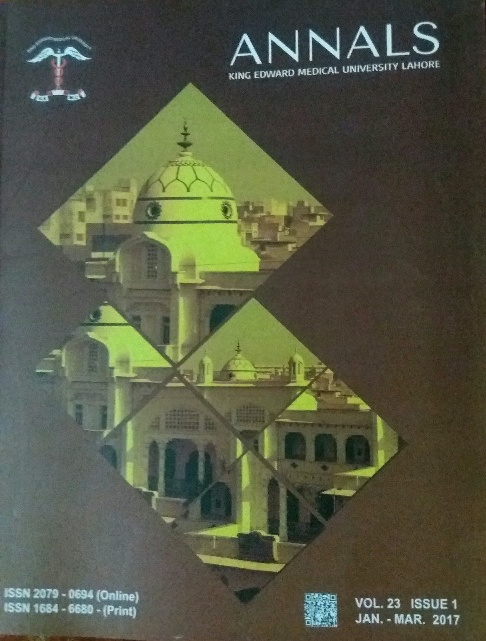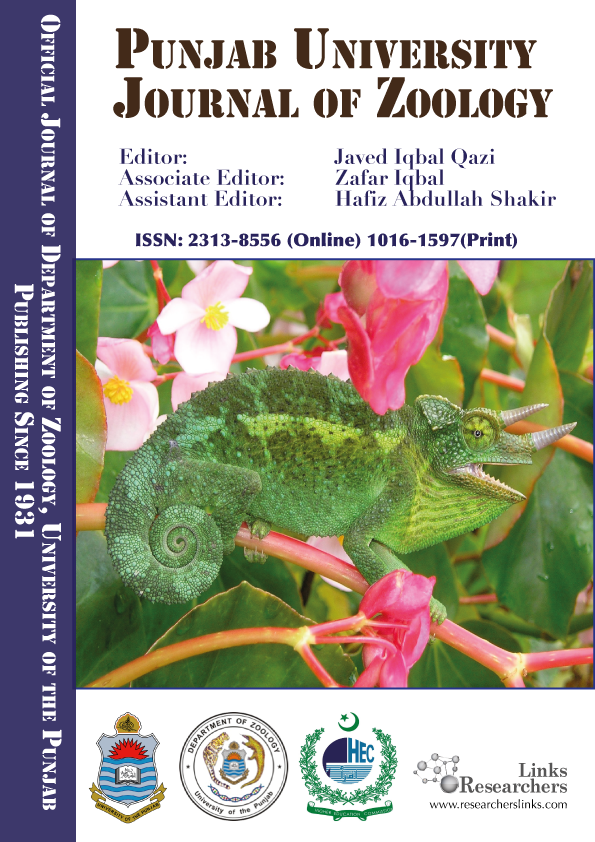Michael R. Molnar
Luke Galen
Benjamin Beit-Hallahmi
Rabbi Paul Shrell-Fox
Rick Repetti
Tanzila Kazmi*, Abid Ghafoor Chaudhry*, Aftab Ahmed** and Shaheer Ellahi Khan**
Sobia Faisal1*,Qurat-ul-Ain Ahmad2, Maleeha Manzoor3, Madiha Manzoor4, Faisal Rifaq5
which decrease motivation for benefits and superimpose the condition....





